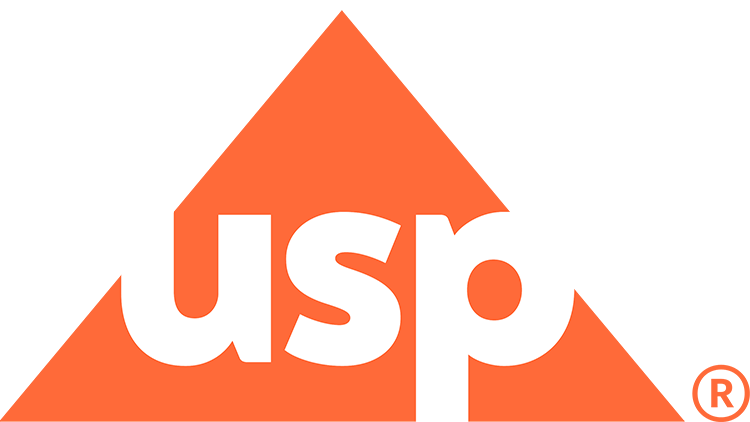
- Pharmacy Careers Winter 2017
- Volume 11
- Issue 1
Interning with the United States Pharmacopeia

To truly become the best versions of ourselves, it is important to constantly seek challenges that expand our personal limits and horizons.
To truly become the best versions of ourselves, it is important to constantly seek challenges that expand our personal limits and horizons. As a student pharmacist, I recognize that these challenges must be embraced in order to make meaningful contributions to the profession of pharmacy and improve the process of patient care on a societal scale.
Understanding that pharmacy comprises a variety of career paths, I began to seek opportunities that would allow me to experience various nontraditional forms of pharmacy practice. Through my research, I came across a summer internship position at the United States Pharmacopeia (USP) in Rockville, Maryland. After applying and interviewing for this competitive internship, I was offered a position in the Healthcare and Quality Standards Department, where I served as an intern for 12 weeks.
Prior to this experience, my knowledge of the work conducted at USP was limited, but as I was exposed to the depths of the organization, I began to see that my career outlook and understanding of the world of pharmacy were changing dramatically. I realized that the unique skillset and training a pharmacist has in relation to patient-centered care can be put into practice away from the bedside and the pharmacy counter to promote the safe and effective use of medicine.
While at USP, I was assigned a longitudinal project that focused on the proposed revision of the Medicare Model Guidelines (MMG). The MMG is a drug classification tool developed in collaboration with the CDC as a result of the Medicare Prescription Drug, Improvement, and Modernization Act of 2003. The MMG is often used by prescription drug plans for medications in therapeutic areas covered by Medicare part D.1 Specifically, I assisted my preceptor, the lead scientific liaison of the MMG, in researching new medications that had been approved since the last revision cycle, understanding their place in therapy for the Medicare patient population, and engaging all interested stakeholders of the MMG.
A full-time internship provides a fast-paced environment mirroring the one I will face as a pharmacist. Throughout my internship, I was able to apply knowledge gained in the classroom to real-world tasks that can enhance patient access to medications. The skills I have gained through my training at the University of Kentucky College of Pharmacy allowed me to decipher clinical trials, comprehend the pharmacology associated with each novel therapy, and analyze differential therapies; in turn, the novel therapies I encountered during the internship have developed in me a better understanding of their utility, making my classroom experience in subsequent semesters much more enjoyable. I also learned to be adaptive but never to lose sight of the overall goal. Situations can arise on short-notice, and it is important to learn how to prioritize, set milestones, and find a balance among those priorities and goals.
I am thankful for the opportunity to have served as a USP intern because it has significantly impacted my career trajectory. USP standards have a long history of promoting safe practices that have allowed us to serve our patients in the most effective manner, and the experience of learning from leading experts and practitioners at USP has broadened my horizons to the possibilities that await in the pharmacy field.
Samuel H. Fu is a 2018 PharmD candidate at the University of Kentucky College of Pharmacy.
References
- USP Medicare model Guidelines. US Pharmacopeia website. usp.org/usp-healthcare-professionals/usp-medicare-model-guidelines. Updated February 4, 2014. Accessed January 4, 2017.
Articles in this issue
almost 9 years ago
An Indian Perspective on Opioidsalmost 9 years ago
Bringing an Interprofessional Dimension to Pharmacy Educationalmost 9 years ago
Top Certifications and Designations to Enhance Your Pharmacy Careeralmost 9 years ago
Provider Status Legislation Reintroduced in Congressalmost 9 years ago
Northeast Ohio Medical University College of Pharmacyalmost 9 years ago
The Benefit of Dual Degree ProgramsNewsletter
Stay informed on drug updates, treatment guidelines, and pharmacy practice trends—subscribe to Pharmacy Times for weekly clinical insights.


























